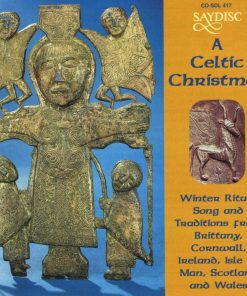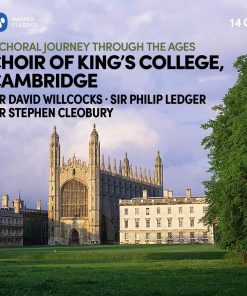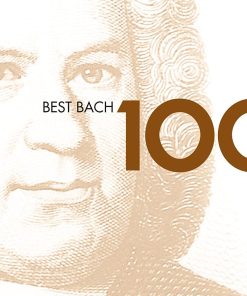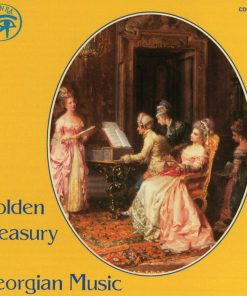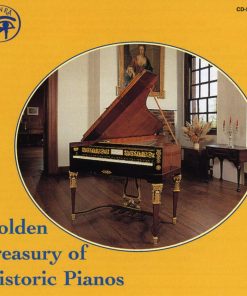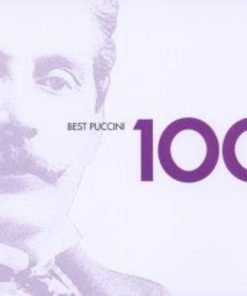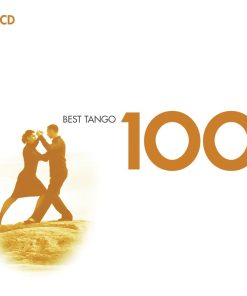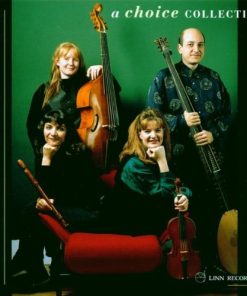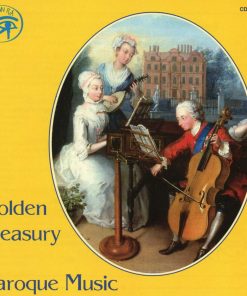Ives: Symphonies Nos 2 & 3 – Dallas Symphony Orchestra, Andrew Litton Hyperion
$ 19,99 $ 11,99

Symphony No 2[39’41]1
Andante moderato[6’07]2
Allegro molto, con spirito[11’29]3
Adagio cantabile[9’28]4
Lento maestoso[2’47]5
Allegro molto vivace[9’50]Christopher Adkins (cello)
Symphony No 3 ‘The Camp Meeting'[23’48]6
Old Folks Gatherin’: Andante maestoso[8’13]7
Children’s Day: Allegro[7’21]8
Communion: Largo[8’14]9
General William Booth Enters into Heaven Booth led boldly with his big bass drum[5’13]arr. John Joseph Becker (1886-1961)
Donnie Ray Albert (baritone), Dallas Symphony Chorus

Together with its companion CDA67540, this pair of exciting discs from the Dallas Symphony Orchestra and Andrew Litton offers thrilling new recordings of all four of Charles Ives’s extraordinary symphonies.
The idiosyncratic nature of Ives’s early musical training (simultaneous but competing marching bands, etc) is well known, but before we can delight in its fruits, we find Ives-the-student writing a (relatively) conventional Symphony No 1 under the watchful, if not always approving, stare of his tutor. The result is almost a pastiche of all that we know and love from the late-nineteenth century symphonic tradition: Brahms, Dvořák, Tchaikovsky.
Released from college in 1898, Ives rapidly shook off such influences, entered a new century and set about expanding his extraordinary vision through three further symphonies, culminating in the spiritual marathon of the fourth, which—Ives tells us—poses (and answers, threefold) the cosmic questions ‘what?’ and ‘why?’.
Alongside the four symphonies we have Central Park in the Dark, and an Ives-sanctioned orchestral arrangement of his most popular (and outrageous) solo song, General William Booth Enters into Heaven. The commanding baritone of Donnie Ray Albert tells the story of General Booth—founder of the Salvation Army—approaching the pearly gates, the great unwashed in his following (Dallas Symphony Chorus) assured of being ‘washed in the blood of the Lamb’: Hallelujah!
Captured live during concerts in Dallas, the recorded sound is every bit worthy of these epic works.
Fast Shipping and Professional Packing
Due to our longstanding partnership with UPS FedEx DHL and other leading international carriers, we are able to provide a range of shipping options. Our warehouse staff are highly trained to pack your goods exactly according to the specifications that we supply. Your goods will undergo a thorough examination and will be safely packaged prior to being sent out. Everyday we deliver hundreds of packages to our customers from all over the world. This is an indication of our dedication to being the largest online retailer worldwide. Warehouses and distribution centers can be located in Europe as well as the USA.
Orders with more than 1 item are assigned processing periods for each item.
Before shipment, all ordered products will be thoroughly inspected. Today, most orders will be shipped within 48 hours. The estimated delivery time is between 3-7 days.
Returns
The stock is constantly changing. It's not entirely managed by us since we are involved with multiple parties such as the factory and our storage. The actual stock can fluctuate at any time. Please understand it may happen that your order will be out of stock when the order is placed.
Our policy is valid for 30 days. If you haven't received your product within 30 days, we're not able to issue either a return or exchange.
You are able to return a product if it is unused and in the same condition when you received it. It must also still remain in the original packaging.
Related products
MUSIC CDS
MUSIC CDS
MUSIC CDS
MUSIC CDS
MUSIC CDS
MUSIC CDS
MUSIC CDS
MUSIC CDS
MUSIC CDS
MUSIC CDS
MUSIC CDS








